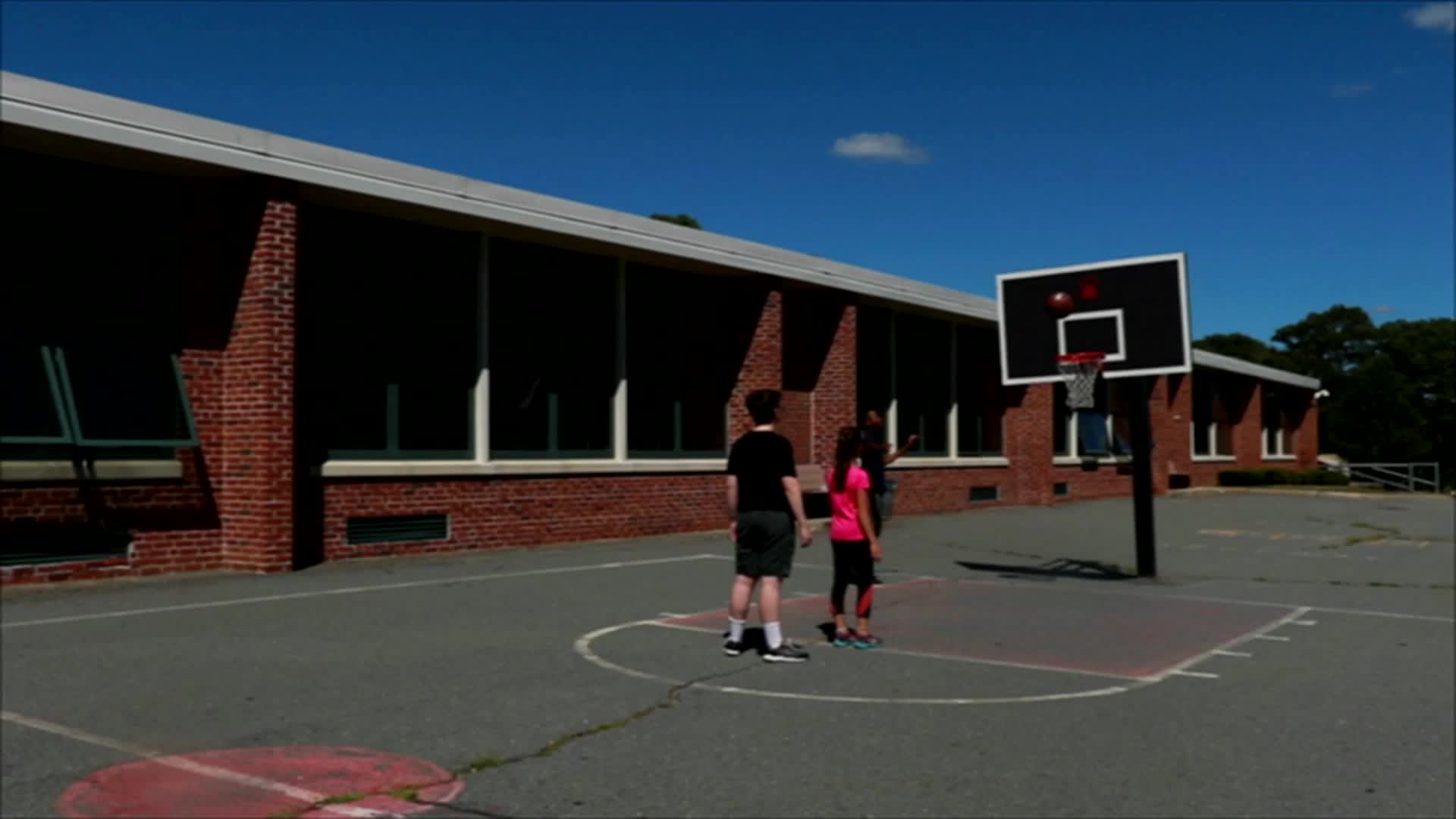Introduction
Playing with others is essential for a child’s social-emotional growth and overall well-being. Friends can provide emotional support, boost confidence, and help in various ways. However, some children may have difficulty learning how to play with others. This blog post will discuss three golden rules to help elementary students learn to play with others and enhance their social-emotional development.
No-Prep Activity: The Friendship Circle
This activity requires no preparation or materials from the educator. It is designed to help students understand the importance of asking to play, finding common interests, and observing others in a group setting.
- Have students form a circle and take turns sharing their favorite activities. Encourage them to listen to one another and find similarities.
- Next, instruct the students to pair up with someone who shares a common interest. They should ask their partner if they want to play together during recess or free time.
- Lastly, remind students to observe the group dynamics during playtime and adjust their behavior accordingly. This will help them develop empathy and better understand social cues.
Discussion Questions
- Why is it important to ask someone if they want to play before starting an activity?
- How can finding common interests help strengthen friendships and make playing together more enjoyable?
- Why is it important to observe the group and understand social cues when playing with others?
- Can you think of a time when you used one of the golden rules to play with someone? How did it help you?
- What other strategies can you use to make playing with others a positive and inclusive experience?
Related Skills
Beyond the golden rules mentioned above, there are other relevant skills that can help students develop their social-emotional abilities:
- Active listening: Paying attention to what others are saying and showing empathy.
- Conflict resolution: Learning to handle disagreements and finding solutions that satisfy everyone involved.
- Cooperation: Working together towards a common goal and understanding the importance of teamwork.
- Respect for diversity: Appreciating and embracing the unique qualities and differences among peers.
Next Steps
Now that you have learned about the golden rules for playing with others and their impact on students’ social-emotional growth, take the next step by exploring more resources and activities to support your students. Sign up for free samples of skill-building materials and other resources at Everyday Speech. These materials can help you create a positive and inclusive learning environment where students can thrive both academically and socially.






